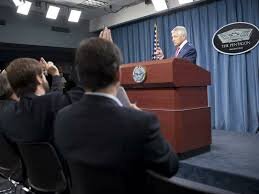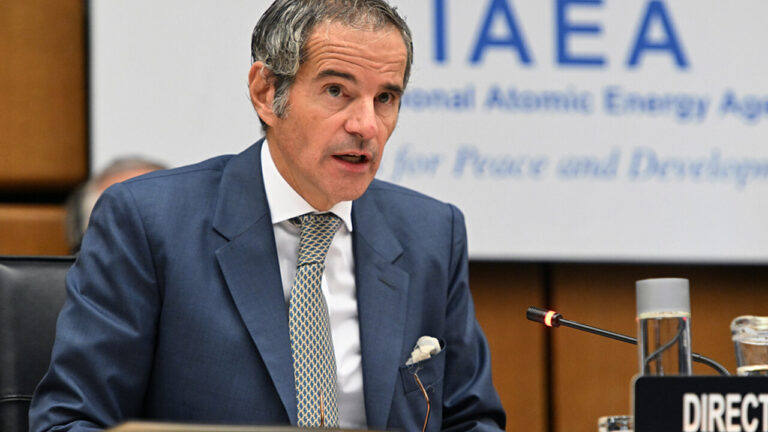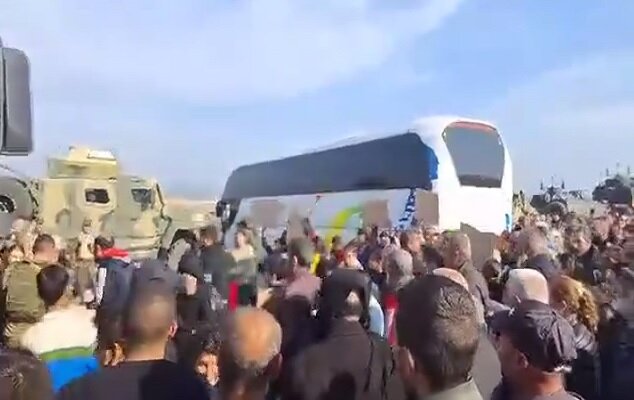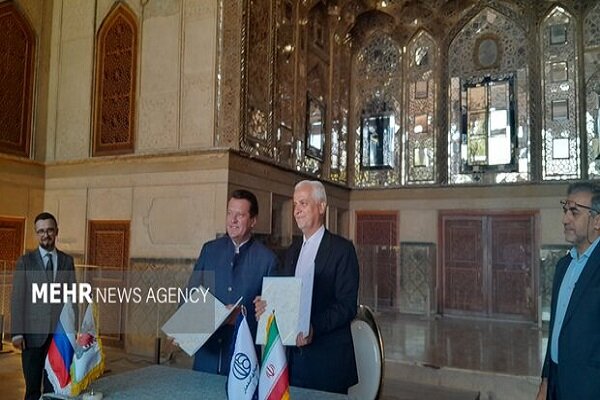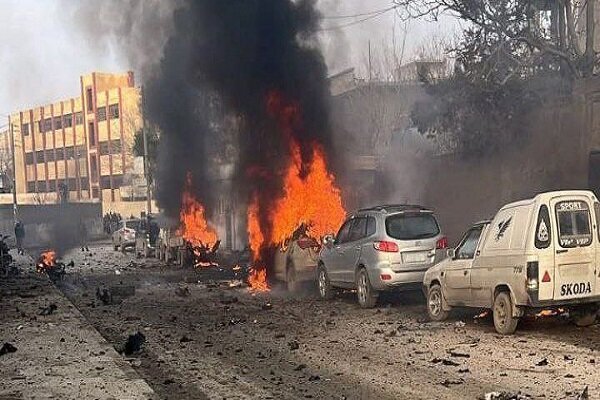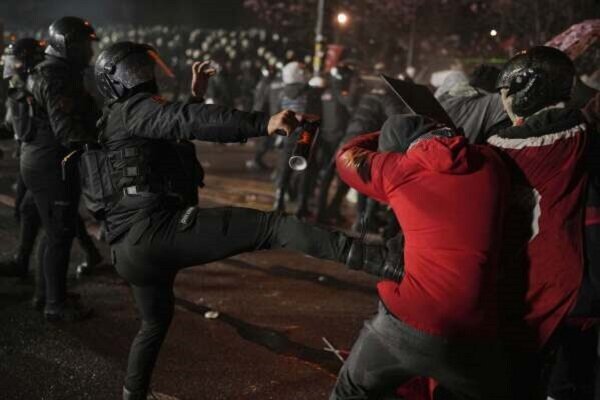Pentagon Imposes Stricter Restrictions on Journalists: What You Need to Know
In a significant move that has raised concerns regarding press freedom, U.S. Defense Secretary Pete Hegseth has introduced new orders that mandate journalists to have official escorts within the Pentagon building. This development marks the latest in a series of restrictions imposed on the press during the Trump administration, reshaping how media access is managed at one of the nation’s most critical military installations.
The new measures, which take effect immediately, restrict credentialed reporters from entering most areas of the Department of Defense headquarters located in Arlington, Virginia, without proper approval and an accompanying escort. This change has stirred significant debate about the balance between national security and the freedom of the press.
In a memorandum detailing these orders, Hegseth stated, “While the Department remains committed to transparency, the Department is equally obligated to protect CSNI (classified intelligence) and sensitive information – the unauthorized disclosure of which could put the lives of U.S. Service members in danger.” This statement reflects the administration’s position that operational security must be prioritized to safeguard both military personnel and sensitive information.
Hegseth emphasized that protecting classified national intelligence and maintaining operational security is an “unwavering imperative for the Department.” However, this rationale has been met with skepticism from various press organizations.
The Pentagon Press Association, which represents journalists covering the U.S. military, has criticized the new regulations, describing them as a “direct attack on the freedom of the press.” The association pointed out that the decision seems to be based on concerns regarding operational security, stating:
“The decision is purportedly based on concerns about operational security. But the Pentagon Press Corps has had access to non-secured, unclassified spaces in the Pentagon for decades, under Republican and Democratic administrations, including in the aftermath of the Sept. 11, 2001, attacks, without any concern about OP-SEC from DoD leadership.”
This statement from the Pentagon Press Association underscores the long-standing tradition of allowing media access to certain areas of the Pentagon, a practice that has persisted across different administrations without significant issues related to operational security. The abrupt change in policy raises questions about the motivations behind these new restrictions and their implications for journalistic freedom.
In response to the growing concerns, the Pentagon has yet to provide an official comment regarding the press association’s criticisms. The silence from the Department of Defense further fuels speculation about the reasons for these stringent measures.
The introduction of these new rules comes at a time when media scrutiny of the military and its operations is critical. Journalists play a vital role in holding the government accountable and providing the public with information about military activities. The restrictions could potentially hinder their ability to report on important issues, especially those related to national security and military operations.
As discussions continue regarding the balance between security and transparency, several key points emerge:
- Increased Restrictions: Journalists will need official escorts to access most areas of the Pentagon.
- Operational Security Concerns: The Pentagon cites the need to protect classified information as the reason for the new measures.
- Press Freedom Challenges: Critics argue that these restrictions threaten the fundamental freedoms of the press.
- Historical Context: Access to unclassified areas has been granted to the press for decades, raising questions about the necessity of these new rules.
The implications of these changes could be significant for both the media and the military. As journalists navigate these new barriers, the ongoing dialogue about the importance of press freedom in a democratic society remains crucial. The ability to report on military operations and governmental actions is essential for public awareness and accountability.
In conclusion, the recent orders issued by Defense Secretary Hegseth represent a pivotal moment in the ongoing struggle between national security and the rights of the press. As the situation develops, both media organizations and the public will be watching closely to see how these changes affect journalistic practices and freedoms in the United States.
